Life in a box is better than no life at all... I expect
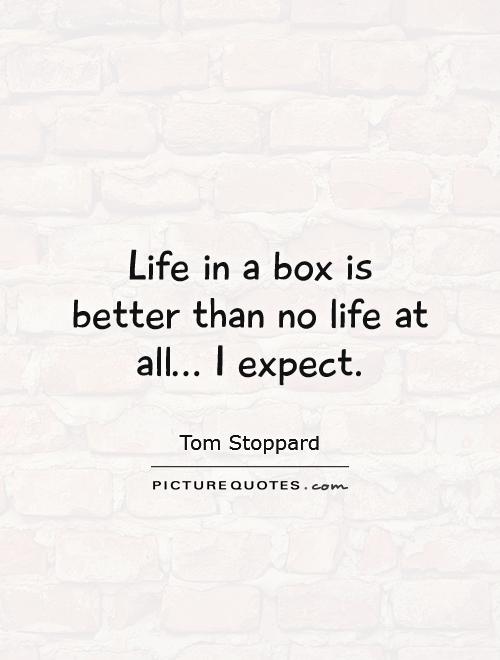
Life in a box is better than no life at all... I expect
In Tom Stoppard's play "Rosencrantz and Guildenstern Are Dead," the character Rosencrantz utters the line, "Life in a box is better than no life at all... I expect." This line encapsulates the existential themes that run throughout the play, as well as Stoppard's larger body of work.The idea of life in a box can be interpreted in a variety of ways. On one level, it can be seen as a metaphor for the constraints and limitations that we all face in our lives. We are all confined by societal norms, expectations, and our own personal circumstances. In this sense, life in a box represents the idea of being trapped or confined, unable to break free from the constraints that bind us.
However, on another level, life in a box can also be seen as a form of protection or security. In a world that is chaotic and unpredictable, the idea of having a safe and secure place to retreat to can be comforting. It provides a sense of stability and certainty in an otherwise uncertain world.
The character Rosencrantz's statement that life in a box is better than no life at all reflects a certain resignation to the inevitability of our circumstances. It suggests that even though life may be confining and limiting, it is still preferable to the alternative of non-existence. This sentiment is echoed throughout Stoppard's work, which often grapples with questions of identity, existence, and the meaning of life.
Stoppard's plays are known for their intellectual depth and philosophical musings, and "Rosencrantz and Guildenstern Are Dead" is no exception. The play explores themes of fate, free will, and the nature of reality, all of which are encapsulated in Rosencrantz's simple yet profound statement about life in a box.
Overall, Stoppard's work challenges us to confront the complexities of our existence and to consider the ways in which we navigate the constraints and limitations of our lives. While life in a box may not be ideal, it is still a form of existence, and as Rosencrantz suggests, it is better than the alternative of non-existence.

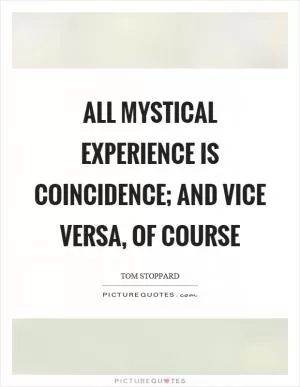
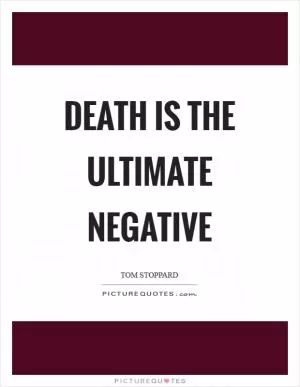
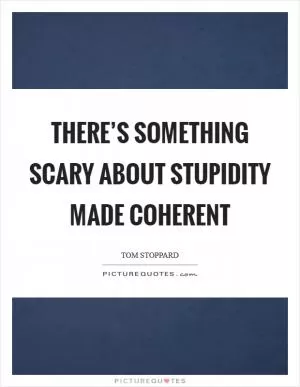
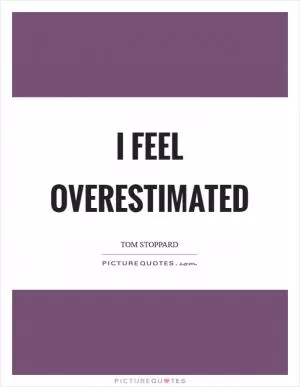
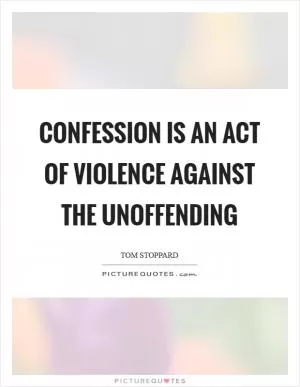
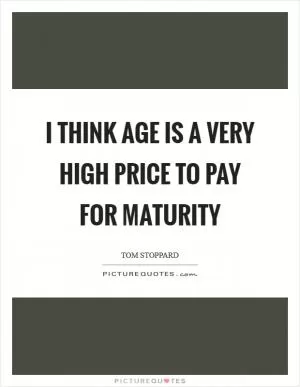
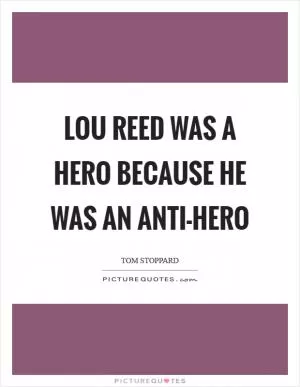

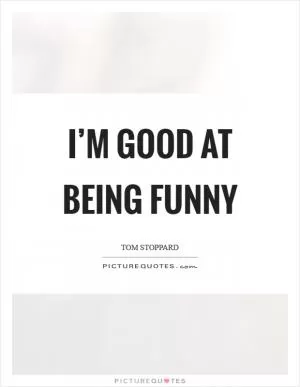
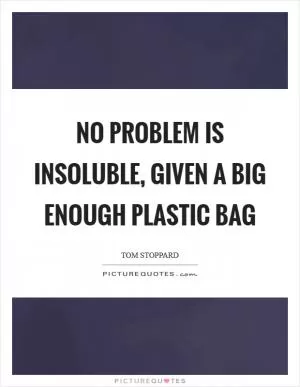
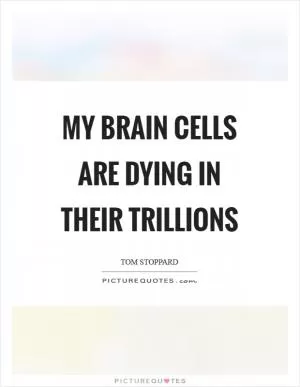
 Friendship Quotes
Friendship Quotes Love Quotes
Love Quotes Life Quotes
Life Quotes Funny Quotes
Funny Quotes Motivational Quotes
Motivational Quotes Inspirational Quotes
Inspirational Quotes